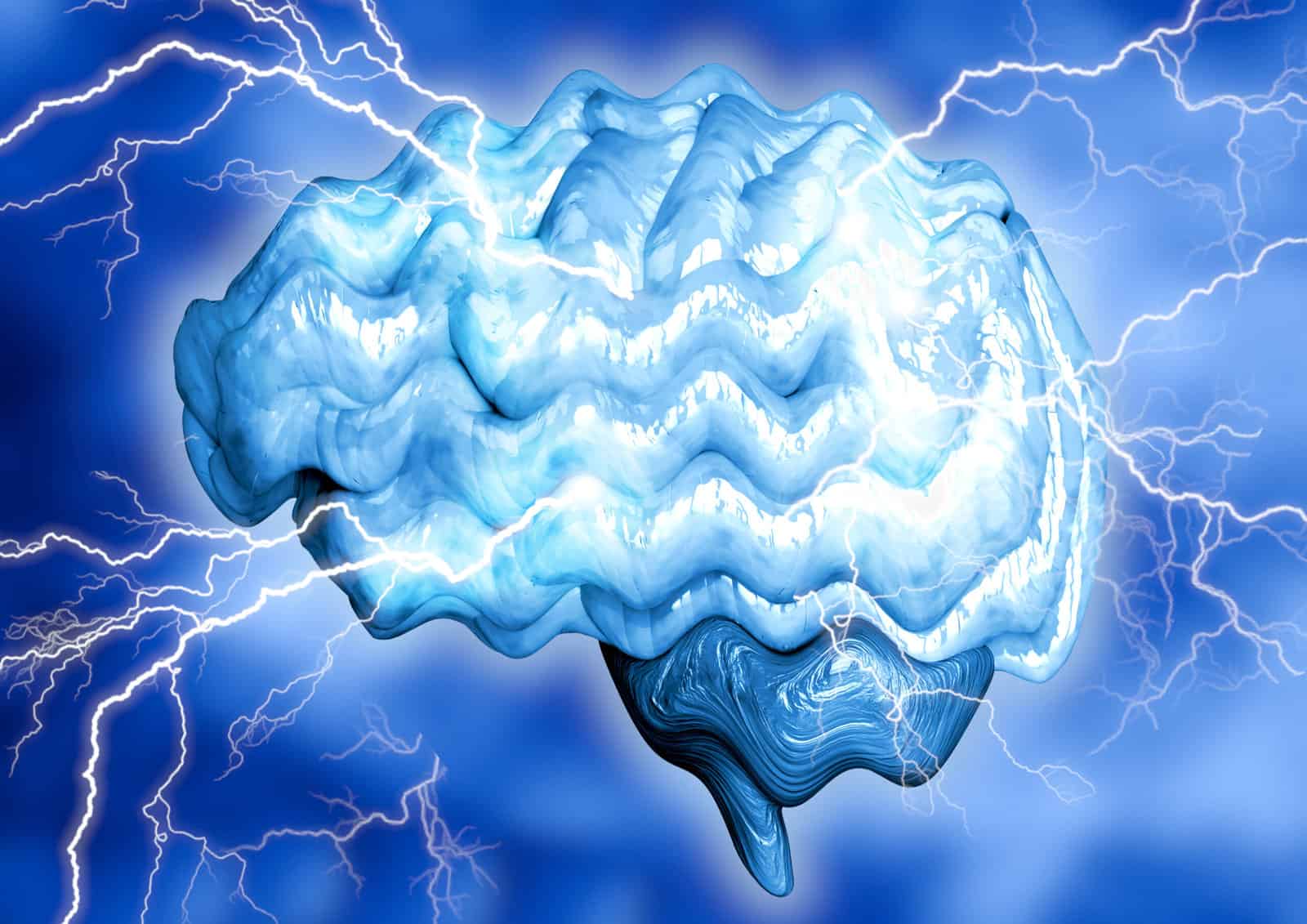Epilepsy and Seizures

Epilepsy is a neurological condition that causes recurring seizures. A seizure is a sudden, uncontrolled electrical disturbance in the brain. Seizures can vary from brief and nearly undetectable to long and violent. They may cause changes in behavior, sensations, and consciousness.
Epilepsy affects people of all ages, but it is most commonly diagnosed in children and young adults. Approximately 1 in 100 people worldwide live with epilepsy. While there is no cure for epilepsy, it can be managed with medication and other treatments.
Most seizures last for a few seconds to a minute and do not cause lasting damage. However, some types of seizures can be prolonged and may lead to brain damage, and in some extreme cases, even death.
Seizures are often classified by their symptoms, which may include:
- Motor symptoms: jerking or convulsing of the muscles.
- Sensory symptoms: changes in sight, hearing, or touch.
- Behavioral symptoms: staring blankly, becoming unconscious, or experiencing a change in mood or behavior.
- Autonomic symptoms: changes in heart rate, breathing, or blood pressure.
Epilepsy can be caused by a variety of factors, including genetic predisposition, head injuries, brain tumors, stroke, and infections. In many cases, the cause of epilepsy is unknown.
Treatment for epilepsy typically includes medication and may also involve surgery, dietary changes, and therapies to help manage seizures and improve quality of life.
Some children and young adults may even grow out of having epilepsy and seizures. With proper treatment, most people with epilepsy are able to live normal, healthy lives.
Books discussing Epilepsy and Seizures
The Breathing Cure
Develop New Habits for a Healthier, Happier, and Longer Life
Jul 27, 2021 | 434 PagesPicture a breathing technique that can maximize oxygen intake and distribution to the cells, strengthen blood circulation, and unclog your nose. Even more amazing is how it can open air passages of the lungs, amplify oxygen transportation to the brain for sound sleep and mental serenity, recuperate bodily operations disrupted by stressors, and...Learn more about The Breathing Cure
Experts discussing Epilepsy and Seizures
Patrick McKeown
CEO and Director of Education and Training at Oxygen Advantage, Director of Education and Training at Buteyko Clinic International, and President of Buteyko Professionals International.Patrick McKeown is the creator, CEO, and Director of Education and Training at Oxygen Advantage, Director of Education and Training at Buteyko Clinic International, and President of Buteyko Professionals International. He is a leading international expert on breathing and sleep and the author of bestselling books...Learn more about Patrick McKeown